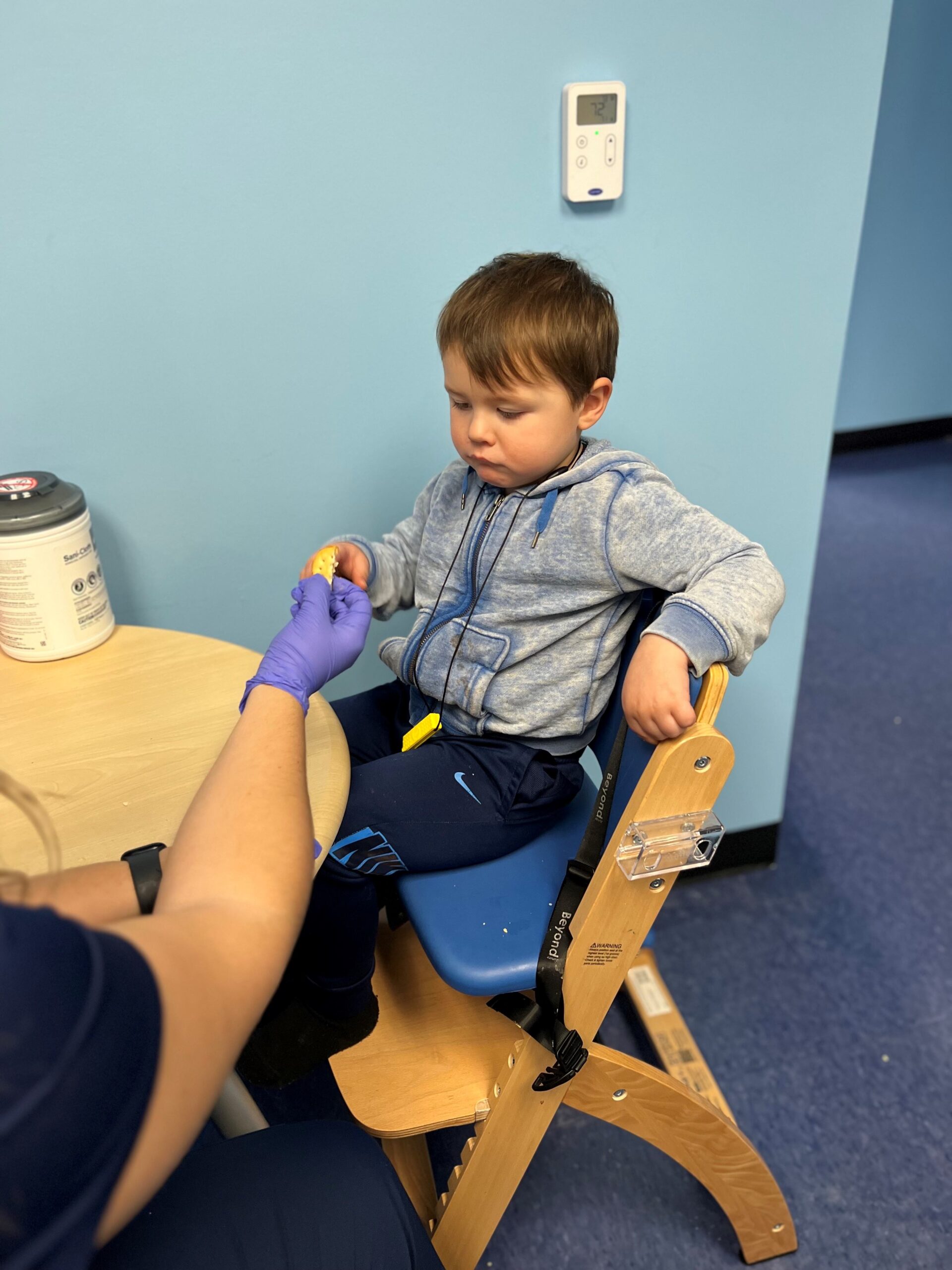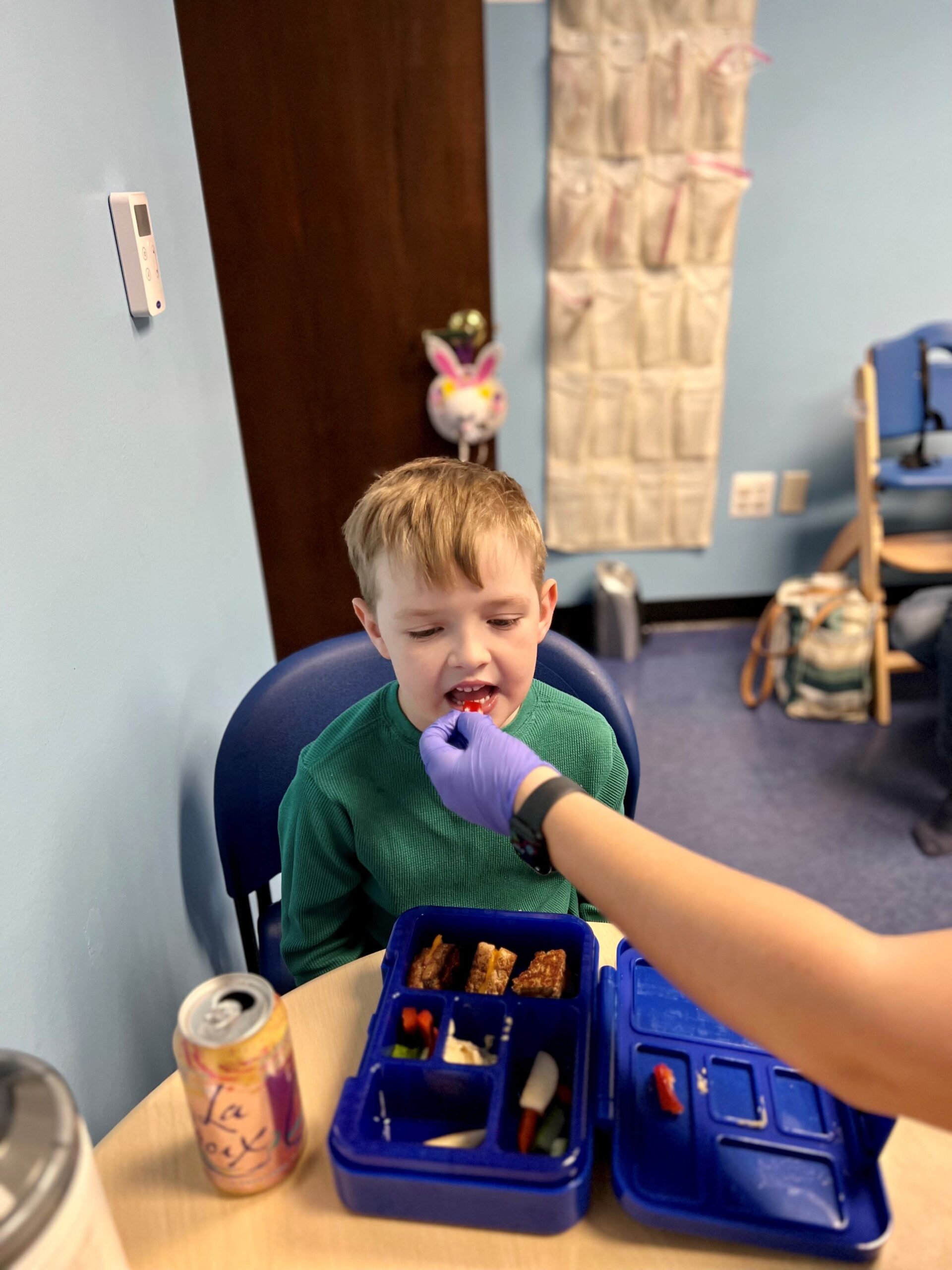Is it normal for toddlers to refuse to eat certain foods? Are mealtimes a battle in your household? If your child only likes yogurt and pizza, you might wonder if that’s okay. Many parents and caregivers struggle to keep their child’s weight up due to limited diets. If this sounds familiar, read on to learn more about picky eating and how to address it effectively.
Understanding Picky Eating


How Michigan Pediatric Therapy Can Help
At Michigan Pediatric Therapy, we specialize in helping children overcome feeding challenges. Here’s how our approach addresses both motor skills and sensory processing issues that contribute to picky eating.
Motor Skills
Postural Stability and Muscle Tone:
Oral Motor Skills:
Adequate jaw, lip, tongue, and cheek strength are crucial for proper chewing and biting. We assess these areas to ensure your child can handle a variety of food textures.
Choking and Gagging:
Breathing and Eating Coordination:
Fine Motor Skills:

Sensory Processing

Eating involves integrating input from all six senses. Sensory processing issues can make this challenging for some children.
1. Touch:
2. Taste:
3. Smell:
4. Hearing:
5. Vision:
6. Proprioception:
Food Jags

Our Approach
At Michigan Pediatric Therapy, we act as detectives to identify whether your child is a picky eater or a problem eater. We then determine which motor and sensory systems are affected. Our comprehensive approach involves individualized treatment plans tailored to your child’s specific needs. It can be a long process, but we work side-by-side with you and your child to climb this mountain and add more foods to their diet.
Contact Us
If mealtimes are a struggle and you’re concerned about your child’s eating habits, don’t hesitate to seek help. At Michigan Pediatric Therapy, we are committed to helping your child achieve better eating habits and overall well-being.
Give us a call to schedule an appointment and start your child’s journey to better eating habits today!
📞 (248) 939-4030
🌐 mipediatrictherapy.com
Let’s work together to make mealtimes enjoyable and nutritious for your child!



